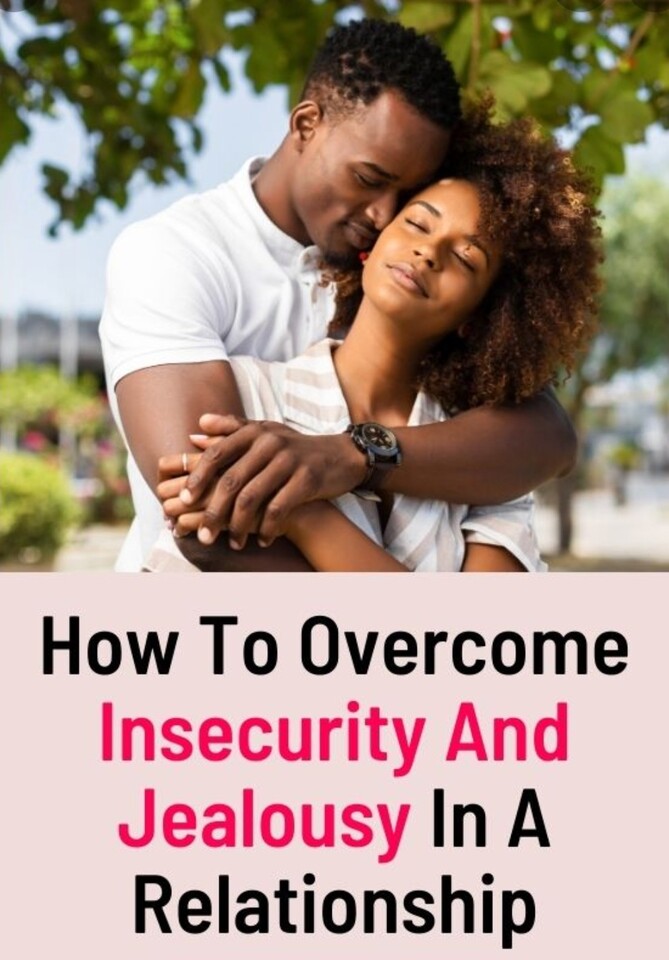Signs of insecurities in relationships
Not trusting your partner to stay faithful to you and constantly worrying that they're cheating on you. Feeling jealous of all the other people in their life and resenting the other people they are close to.
What are insecurities?

Insecurities find their way into every aspect of our lives. We can be insecure about how we look, how tall we are, what our voices sound like, and more.
Insecurities can come from being bullied at school or constantly scrolling through social media and comparing yourself to others. Past experiences can follow us forward and haunt our self-confidence today, or daily events can trigger feelings of inadequacy.
All of our insecurities can come from a lack of self-esteem. They stem from our self-talk revolving around negative thoughts, like self-doubt and questions about our self-image. We often feel insecure when we don’t value our well-being and practice self-care.
An insecure person could feel nervous, anxious, or hesitant about certain things. Whether that’s how well they can do multiplication or what their skateboarding skills are like, these feelings can consume you and prevent you from taking advantage of new opportunities.
3 types of insecurities
Since insecurities can touch many aspects of our lives, there are a few types to be familiar with. Here are three different types of insecurities to think about:
1. Personal insecurity
Personal insecurities are about how you look or sound and how others perceive you. These surface-level insecurities can seem superficial to someone observing from the outside — worrying about hair or clothing or an unwelcome blemish.
But they can be deeply felt by the individual and cause distress. Personal insecurities can even prevent us from pursuing relationships, career opportunities, or social connections — if we let them.
They can stem from a lack of self-confidence because you care deeply about what people think of you. They often, but not always, relate to body image.
Social media platforms often lead people to compare themselves to others and enhance their insecurities leading to unhealthy coping mechanisms like eating disorders and self-harm.
2. Professional insecurity
Professional insecurities happen at our workplaces and make people anxious and self-conscious to give presentations or speak up.
These insecurities can also fill people with self-doubt and cause them to believe they aren’t good enough for promotions or taking risks. It leads people to experience imposter syndrome and miss out on achieving their goals.
3. Relationship insecurity
Relationship insecurities are common and can occur in any relationship. They make you feel like you don’t deserve your partner and that someone else will make them happier.
These insecurities can lead to jealousy, arguments, and dominating behavior. Relationship insecurities can be caused by past experiences with previous partners or other friends and family members if they’ve caused any trauma.
However, remember the good book says, God has not given us a spirit of fear but of love, power and a sound mind.
Insecurities are also troublesome for our relationships. Feeling insecure can cause other feelings of distrust, anger, and even resentment towards our friends, family, and partners. This behavior creates tension for everyone and is unhealthy if left unresolved.
Insecurities don’t have any right to rule your life. If you’re looking for help overcoming your insecurities, then get in touch with someone you can trust, have open communication.
Editor's advice: let God's word dwell in you richly. Know that you are fearfully and wonderfully made (Psalm 139:14), created after the image of God for His glory.
The bible is NOT a decoration book, nor is it a book of literature as many claim. And the fool says in his heart "There is no God".
God's word is a blessed assurance, builds up your faith and helps a person to possess a 'Godconfidence', which is vital for a healthy relationship..
Other References:
https://www.betterup.com/blog/how-to-overcome-insecurities
